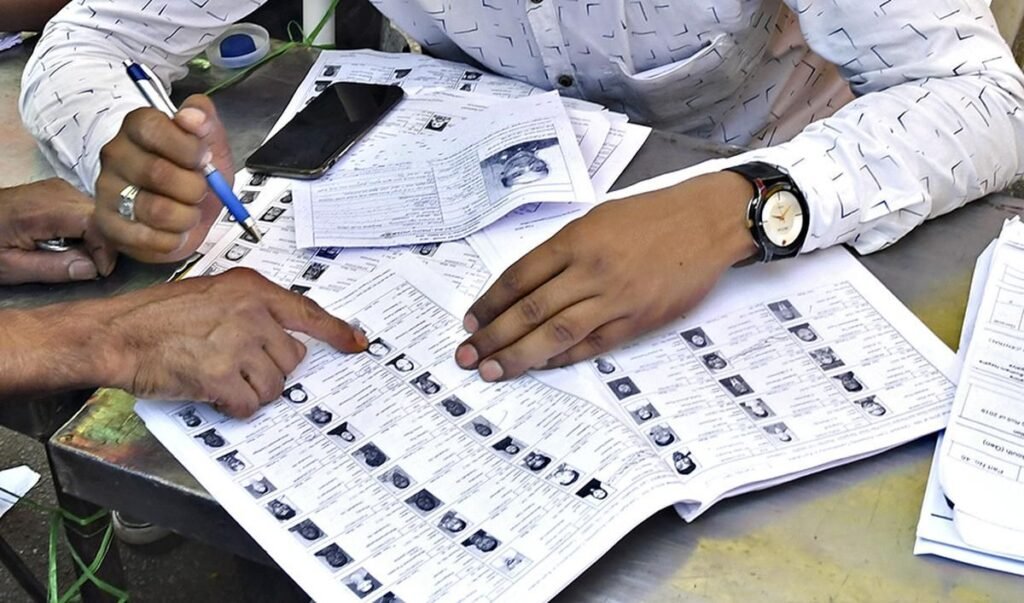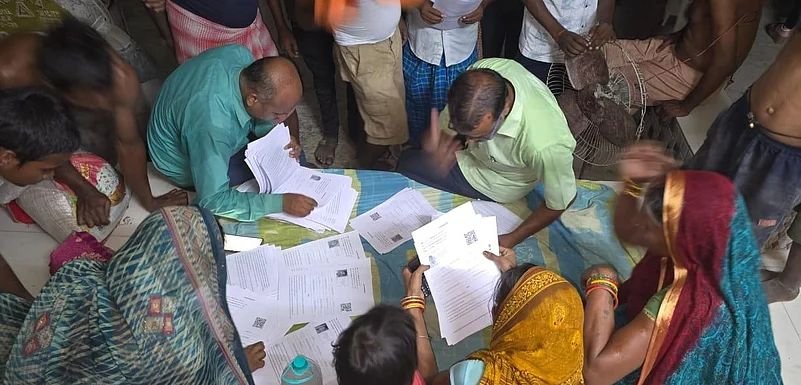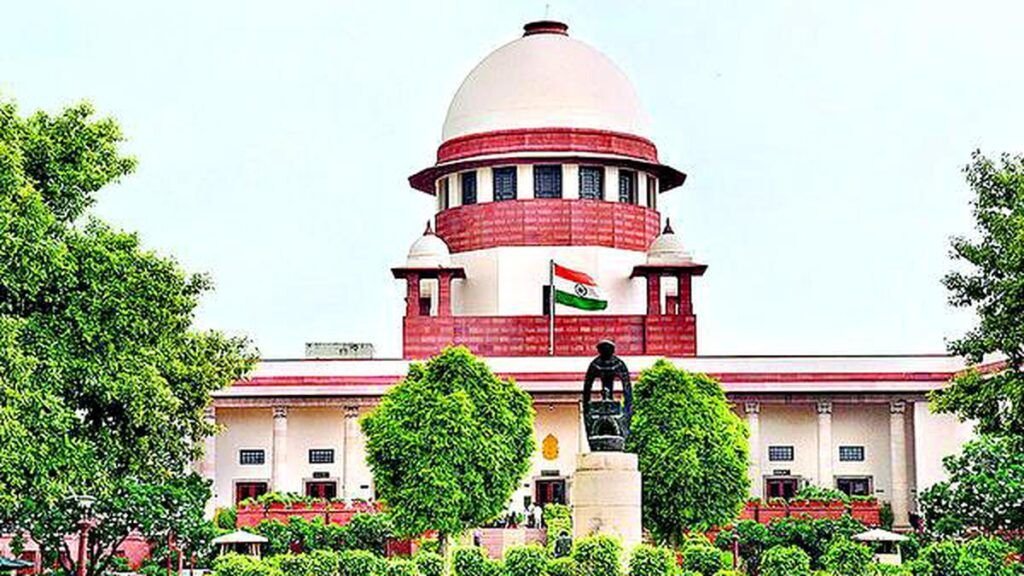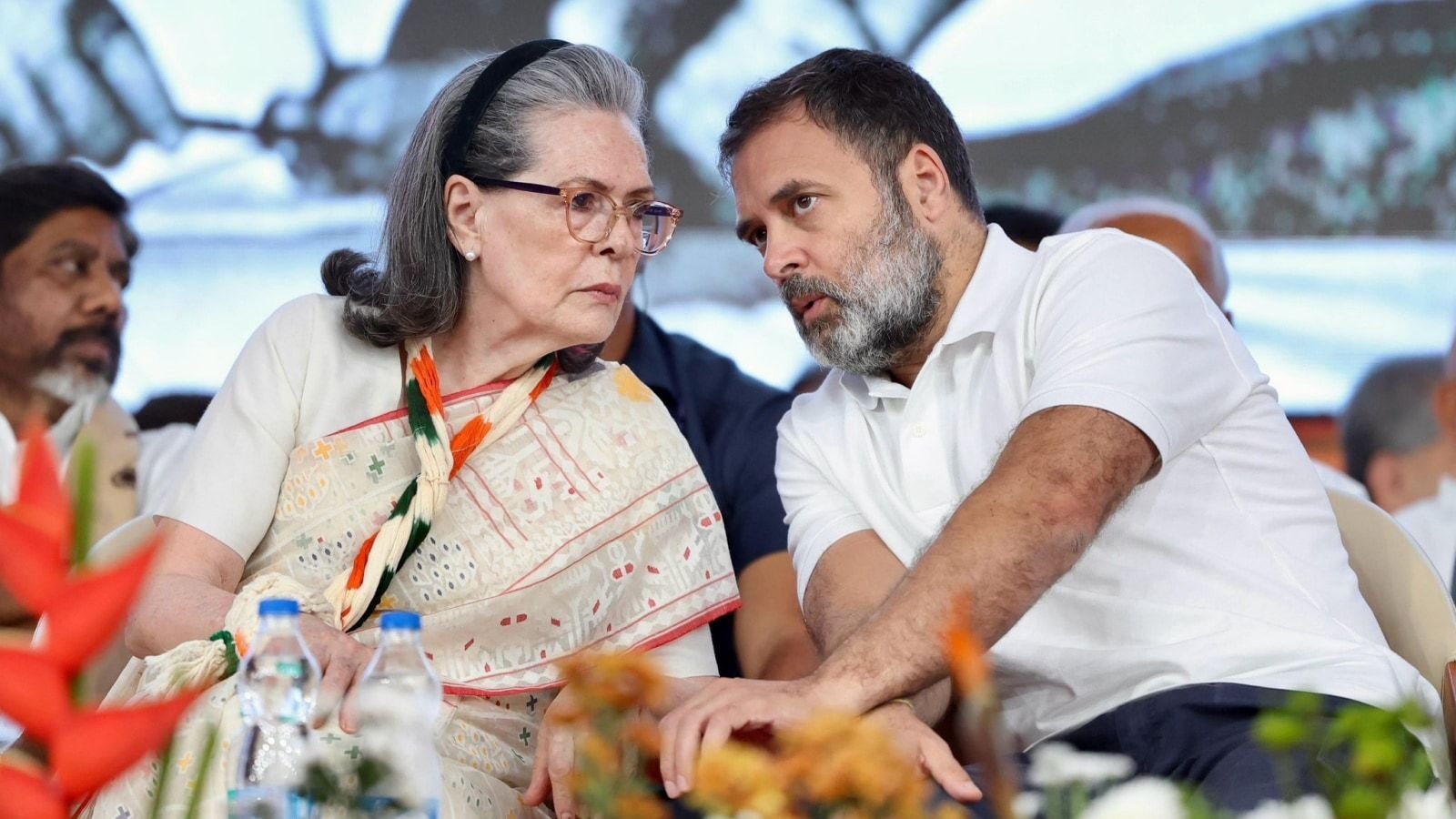EC Defends Exclusion of Aadhaar, Voter ID, Ration Card From Bihar Voter List Revision in Supreme Court

The Election Commission of India (EC) informed the Supreme Court on Monday that Aadhaar, Voter ID, and Ration Card cannot be considered valid proof for voter eligibility in the ongoing Special Intensive Revision (SIR) of electoral rolls in Bihar. The Commission cited concerns over the reliability and sufficiency of these documents during a detailed affidavit filed in response to the Supreme Court’s July 10 directive.
“Aadhaar is not considered proof of citizenship. Voter ID cannot be used in this process as SIR is a fresh revision and previous records are not deemed sufficient. As for ration cards, they are frequently found to be fake and unreliable for establishing voter eligibility,” the Election Commission stated in its affidavit to the court.
The affidavit clarified that the SIR’s current list of 11 acceptable documents is “indicative, not exhaustive,” and that Electoral Registration Officers (EROs) and Assistant EROs would assess each document individually. This means that while a ration card may still be reviewed, its acceptance depends on the officer’s judgment and the specific circumstances of the case.
The Supreme Court Bench, comprising Justices Sudhanshu Dhulia and Joymalya Bagchi, had previously declined to halt the electoral roll revision in Bihar, allowing the process to continue while seeking the EC’s response on inclusion of additional documents like Aadhaar and Voter ID. The next hearing is scheduled for July 28.
The Commission referenced Section 22 and Rule 21(A) of the Representation of the People Act, 1950, stating that all decisions would align with these legal standards and that uniform rules are not feasible—each case must be evaluated independently.
An EC spokesperson added, “The revision exercise aims to restore public trust and ensure accuracy in the electoral rolls, especially focusing on marginalized and vulnerable communities.”
In its affidavit, the Commission revealed that over 90% of voters had already submitted their enumeration forms for the SIR, suggesting significant public cooperation. The EC also emphasized its authority to verify citizenship as part of the voter list revision process.
The SIR in Bihar came under legal scrutiny as concerns were raised about the exclusion of widely-used identity documents. Petitioners argued that the process might disenfranchise eligible voters. However, the EC has repeatedly defended its approach as necessary for upholding the integrity of the electoral roll and preventing fraud.
Legal experts suggest that decisions taken in this case could impact voter verification processes nationwide, potentially shaping future reforms on document requirements for electoral roll updates.
The Supreme Court is set to resume hearings on July 28, when the matter will be reviewed before a vacation Bench. Meanwhile, the SIR process in Bihar continues, with a renewed focus on transparent, case-by-case assessment of voter eligibility documents.






